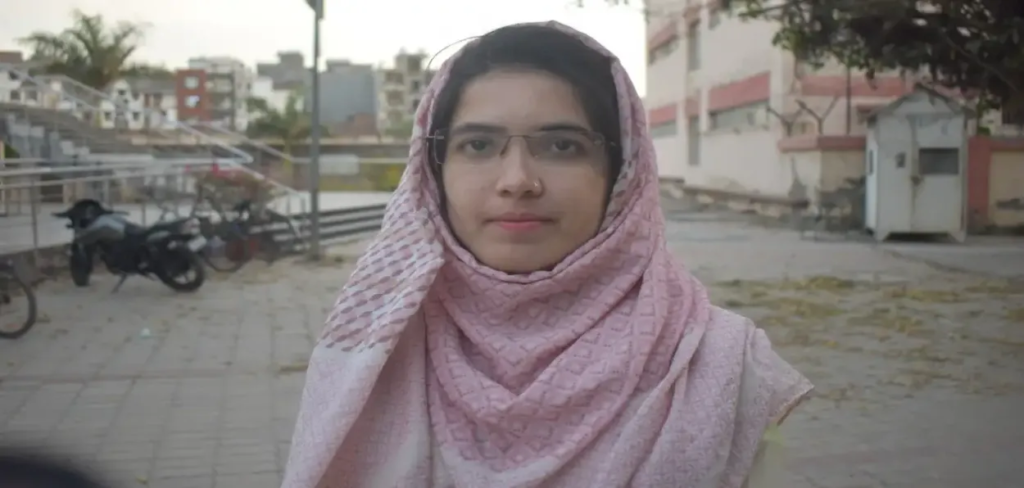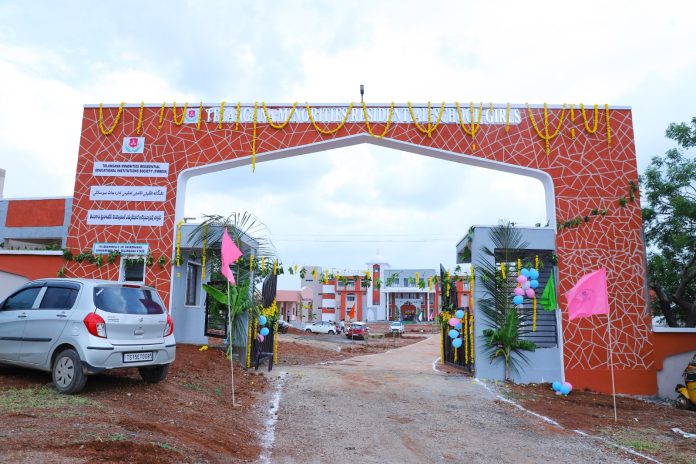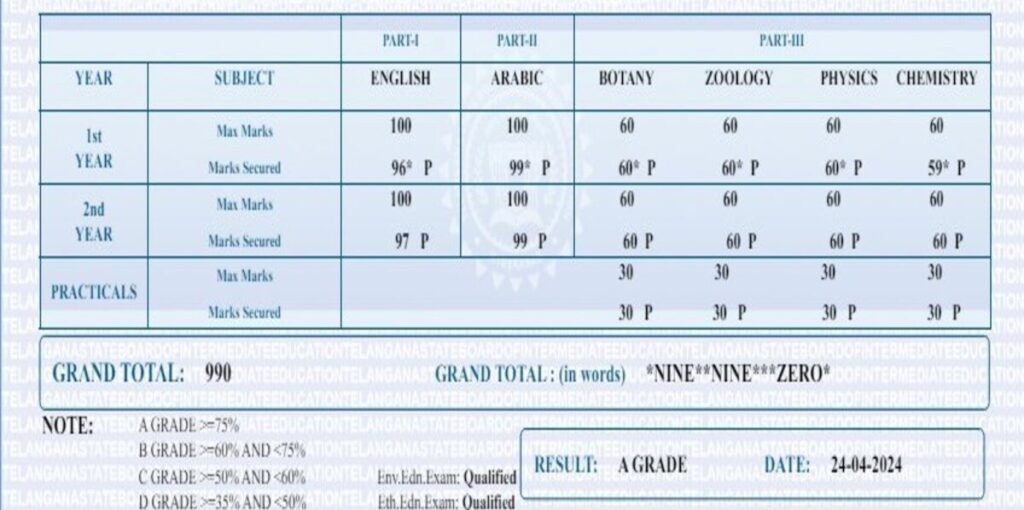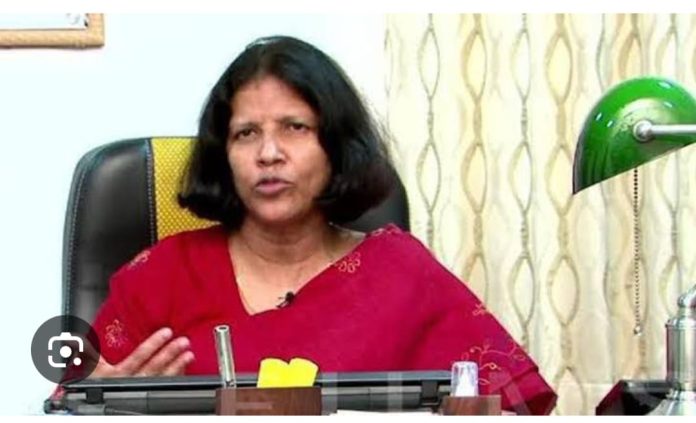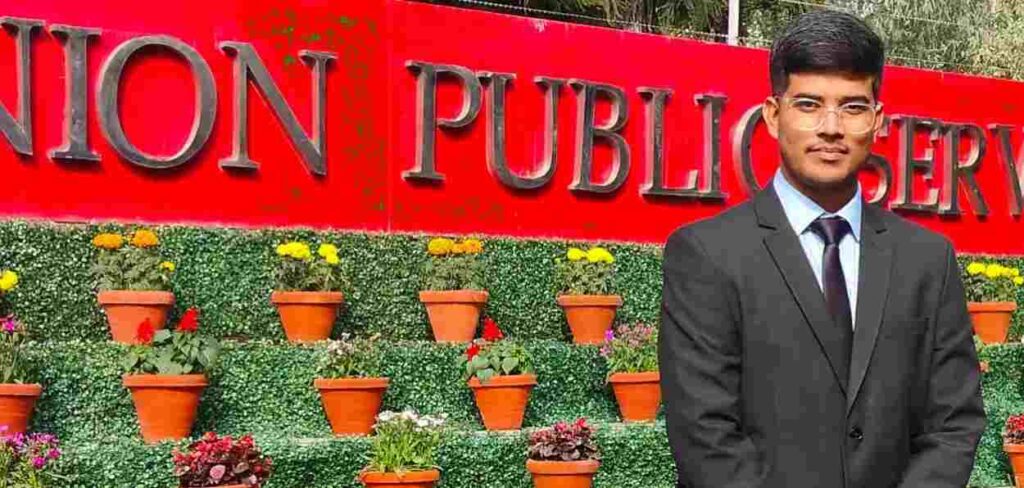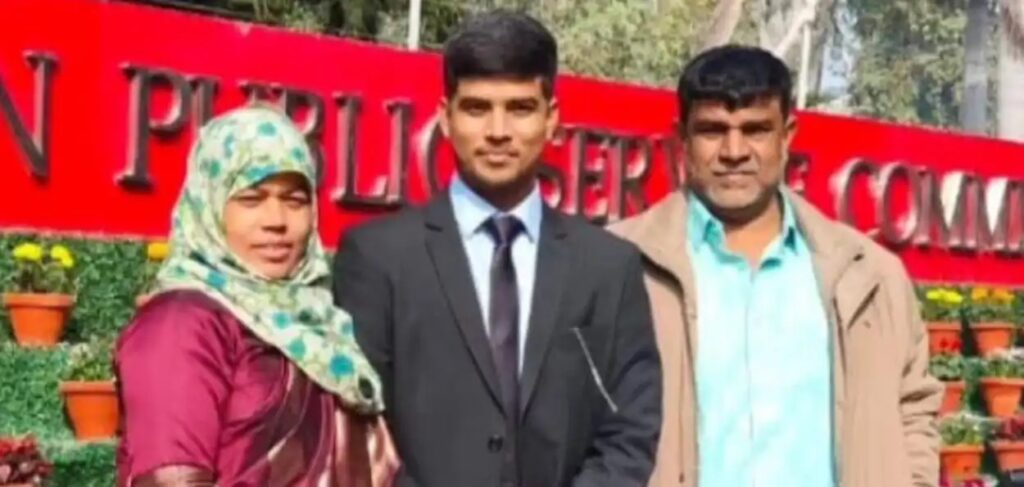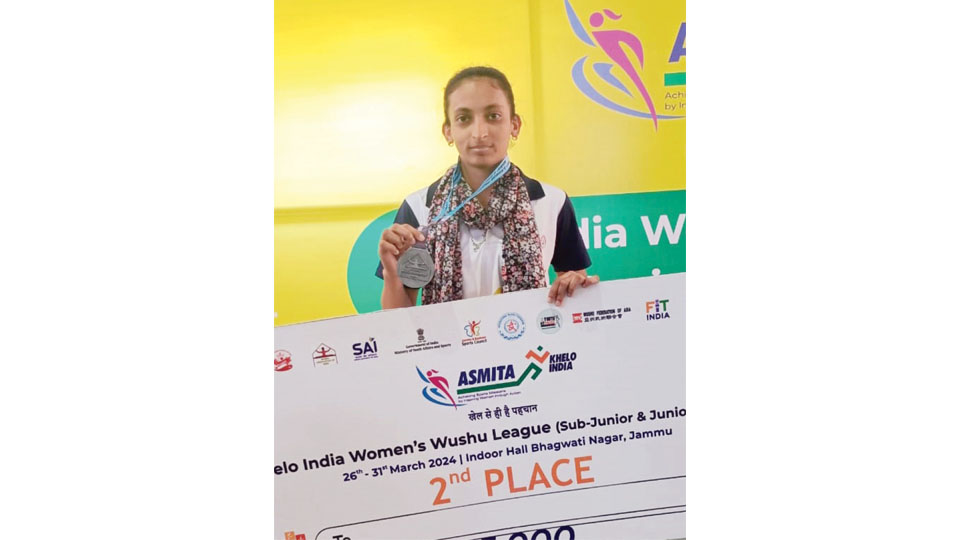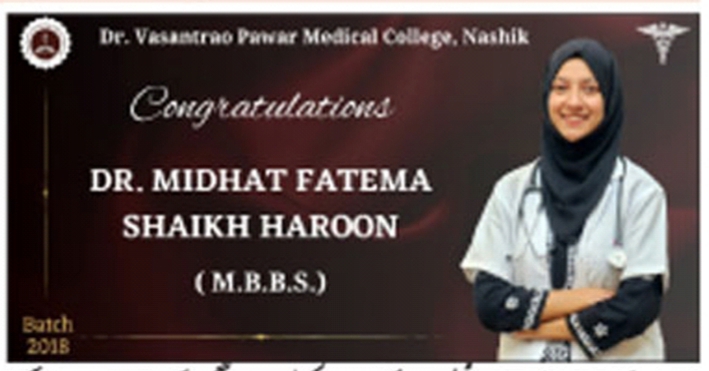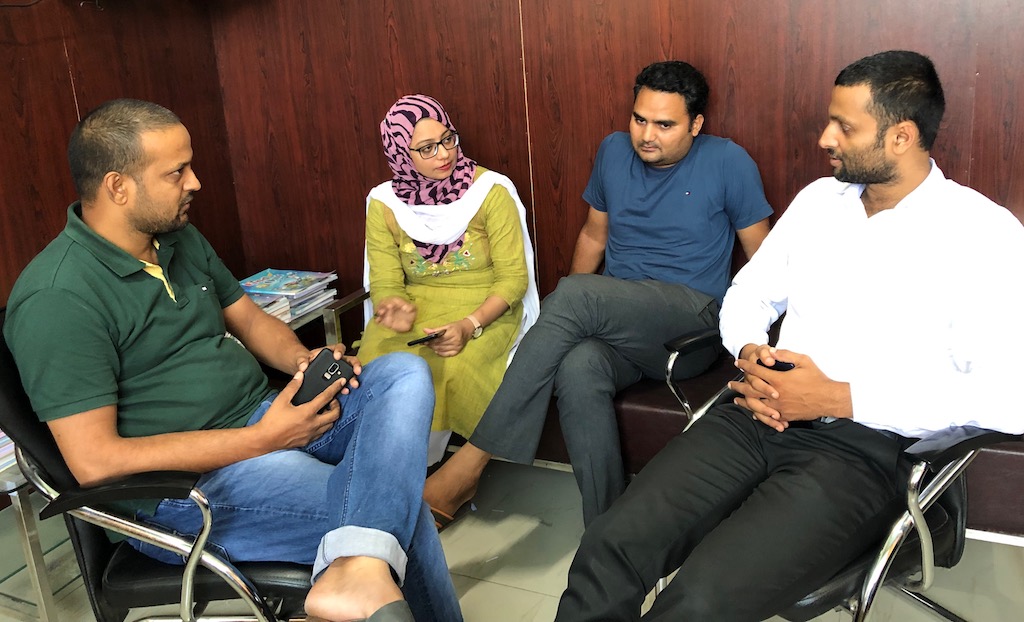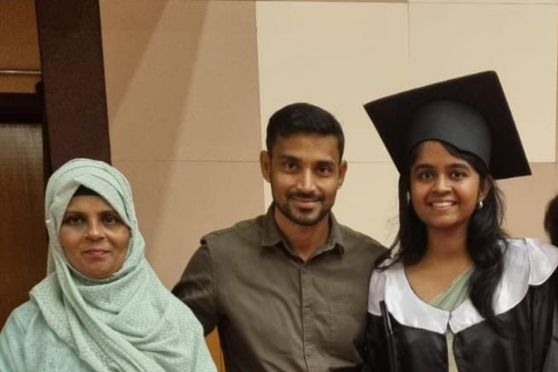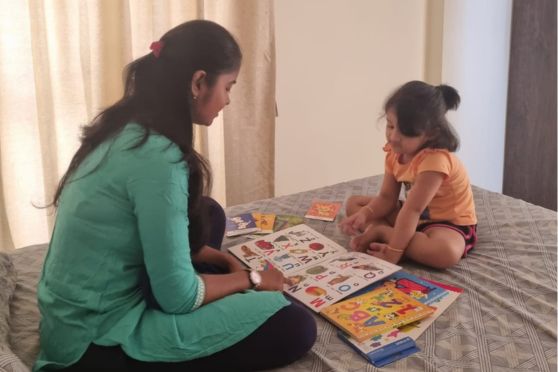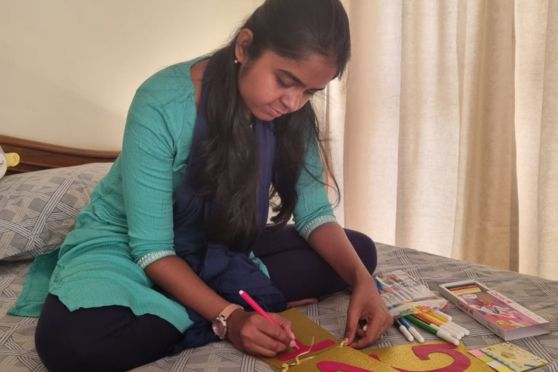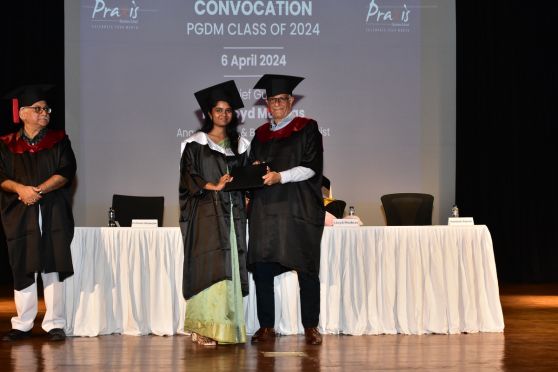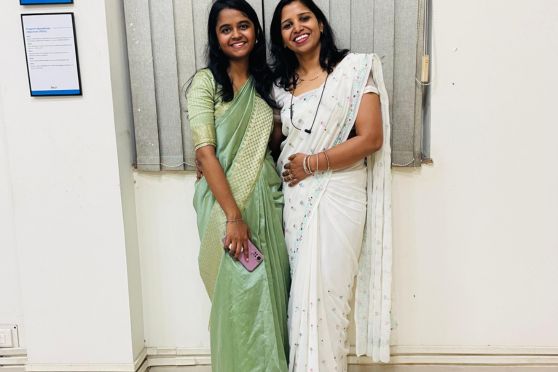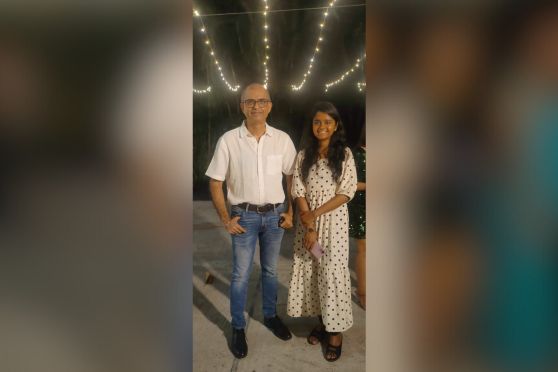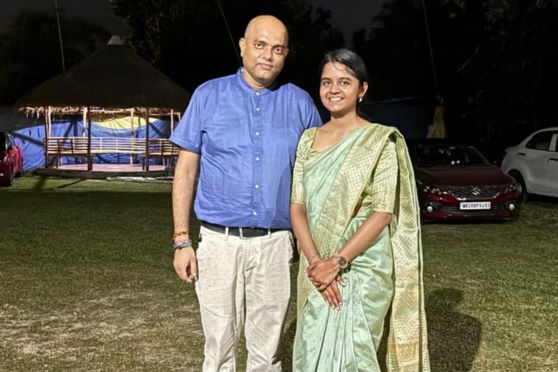INDIA :
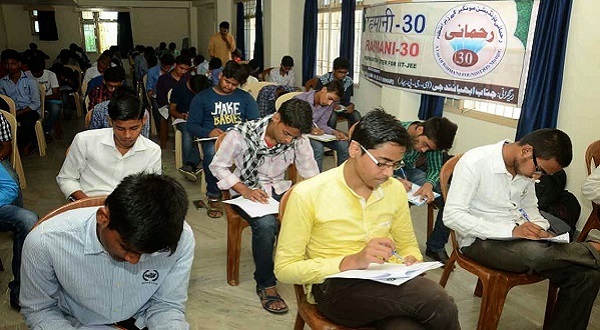
In a groundbreaking achievement, Rahmani30 celebrates a historic milestone as 176 out of 205 students successfully pass the JEE Mains 2024, qualifying them for the prestigious JEE Advanced examination.
The program, known for its excellence in preparing students for challenging tests, has seen its success rate soar to approximately 86% this year.
Despite the various challenges that have necessitated adaptive strategies in teaching and student support, our success rate in the JEE Mains has increased over years to approx 86% this year. Among the successful students, 9 scored a 99 percentile, while 13 scored 98 percentile, 19 scored 97 percentile, 7 scored a 96 percentile, and 17 scored a 95 percentile. Overall, 128 out of the 176 successful students scored above the 90 percentile. Alhamdulillah. The All India Rank (Category) was 894 and the General India Rank was 3247. The success rate of Rahmani 30 students is 86% .
Maulana Mohammad Wali Rahmani envisioned Rahmani30 as a bridge to higher education for underprivileged meritorious Muslim students, a vision that continues today. Unlike institutes charging exorbitant fees (₹2 – ₹7 lakhs), Rahmani30 offers completely free coaching for all, regardless of financial background. Initially, with the support of Hazrat Maulana RA himself, Rahmani30 provided full scholarships including living expenses. However, as the program expanded regionally and in numbers, new donors were accommodated, and a temporary financial model was made. The model shifted to free coaching, with financially capable students to contribute towards non-educational expenses (food and lodging). Importantly, the Rahmani30 further supported students facing financial hardship, ensuring no one was ever denied a class or a meal due to unpaid committed contribution towards non-educational expenses such as lodging & boarding as per new financial model. This unwavering commitment to high quality education accessibility has empowered countless students, fulfilling the legacy of Maulana Mohammad Wali Rahmani.
Hazrat Maulana Ahmad Wali Faisal Rahmani , the patron of Rahmani30 and Ameer E Shariat for Bihar, Odisha, Jharkhand, and parts of Bengal attributes this success to divine grace. He emphasized that such historic achievements could only be realized with Allah (SWT) mercy and guidance.
Looking to the future, Hazrat Maulana Ahmad Wali Faisal Rahmani sb is optimistic about doubling this number. In line with this goal, Mr. Fahad Rahmani, CEO of Rahmani30, announced new initiatives to provide academic guidance starting from classes 9 and 10. This early intervention aims to strengthen students’ foundational knowledge and help them make informed choices about their educational pathways in fields such as IIT, NEET, Chartered Accountancy, Company Secretary, NDA, and CLAT. Selection process for class 9th & 10th is in progress.
Rahmani30 has expanded its reach beyond Patna, operating additionally at Khuldabad (Maharashtra), Jehanabad (Bihar), Hyderabad (Telangana), UP (Aligarh), and Bangalore (Karnataka), which also cater to NRI students from various regions.
On this momentous occasion, Mr. Fahad Rahmani expressed his gratitude to the educators, team members, supporters, and the families of the students. He reaffirmed his commitment to advancing the visionary goals set by the founder of Rahmani30, Hazrat Maulana Mohammad Wali Rahmani sb. RA, and called on the community to support this transformative educational mission.
source: http://www.muslimmirror.com / Muslim Mirror / Home> Education> Indian Muslim> Positive Story / by Muslim Mirror Desk / April 30th, 2024
